May brings with it heat, sprinklers, swimsuits and all those flowers following April showers.
It’s also Better Speech and Hearing Month.
As a speech-language pathologist, it’s my time to shine, lol.
During my practice, I specialized in pediatric speech and language disorders, and communication issues were such a huge concern for many parents. These concerns were followed closely by feeding issues — we handle those too!
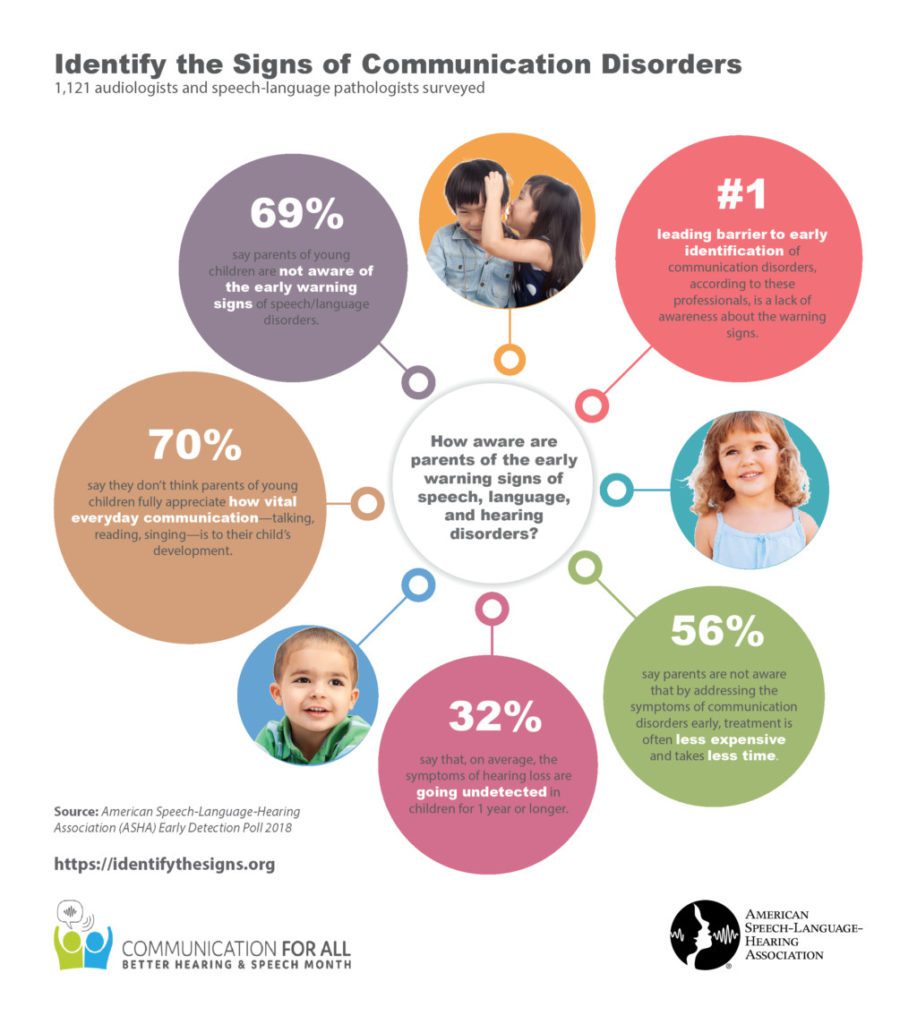
Speech-language pathologists have a wide and varied field of practice which was one of the things that appealed to me when choosing my career. We see all ages and all stages. We address issues with language development, how children say speech sounds, stuttering, feeding, swallowing, social language, voice, critical thinking skills, and literacy. We help people recover from strokes and brain injuries. It is an immensely rewarding field. Most people know us from their experiences with speech therapists working in the school system, but we can work in your home, at daycare, in the hospital, in a nursing home, via a computer, and sometimes at our kitchen table.
As an SLP, I get questions from friends and family about their child’s development, more specifically when do they need to be concerned or evaluated. The American Speech Language Hearing Association (ASHA) recently launched #identifythesigns campaign. Their website here features parent education materials to increase awareness of communication disorders and help you find a provider near you. If you are concerned, as a mother, more often than not, there is an issue, and you should get the evaluation. Even if skills are within the normal range now, it can help to voice your concerns to a professional who can give you handouts or guidelines for potential issues that could emerge in the future.
And because I love a good graphic, here are some from ASHA to provide some additional information.
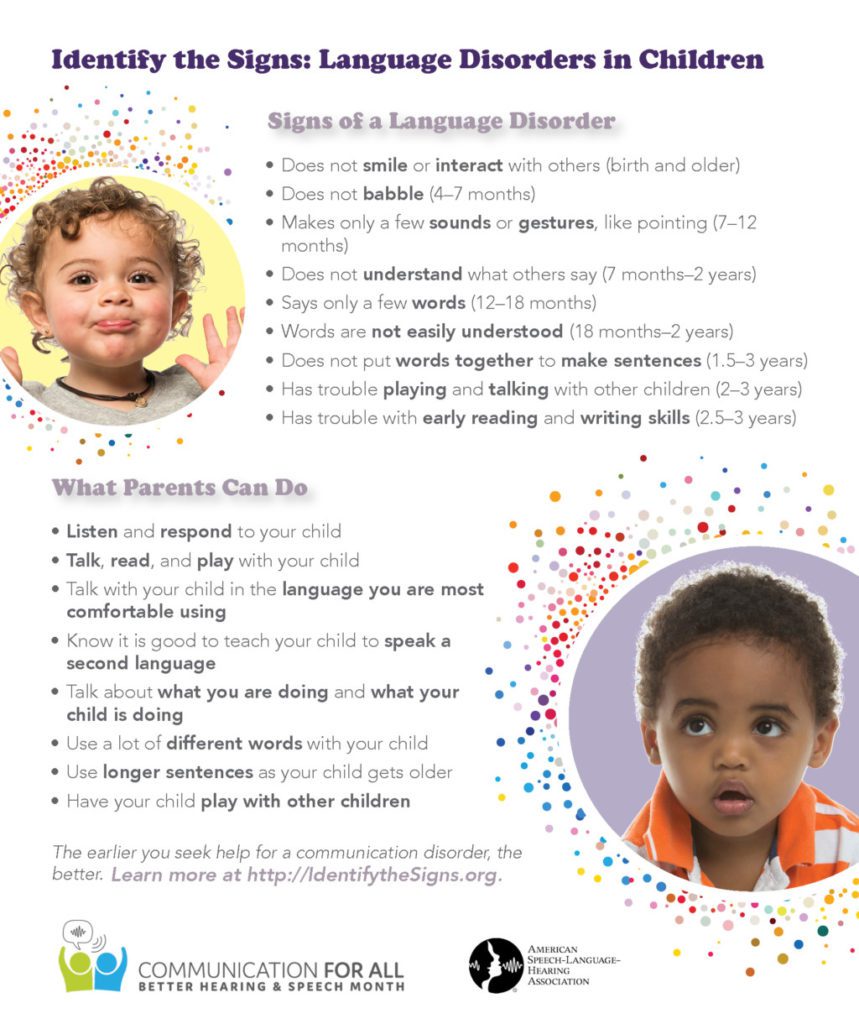
Creating a language-rich environment in the home is the best thing you can do for your child’s speech and language development. Narrating your day gives infants constant language feedback to help shape their view of their routing — also it gives you permission to talk to yourself WITHOUT seeming like a crazy person. Reading to your child expands vocabulary and provides correct models for speech sound development. Just TALK!
Speech sound development is probably what we are most known for as a field. Like Elmer Fudd (anybody remember him?), we can help fix that. But little kids are supposed to have speech sound errors … mistakes are how they learn! So when should you be concerned?
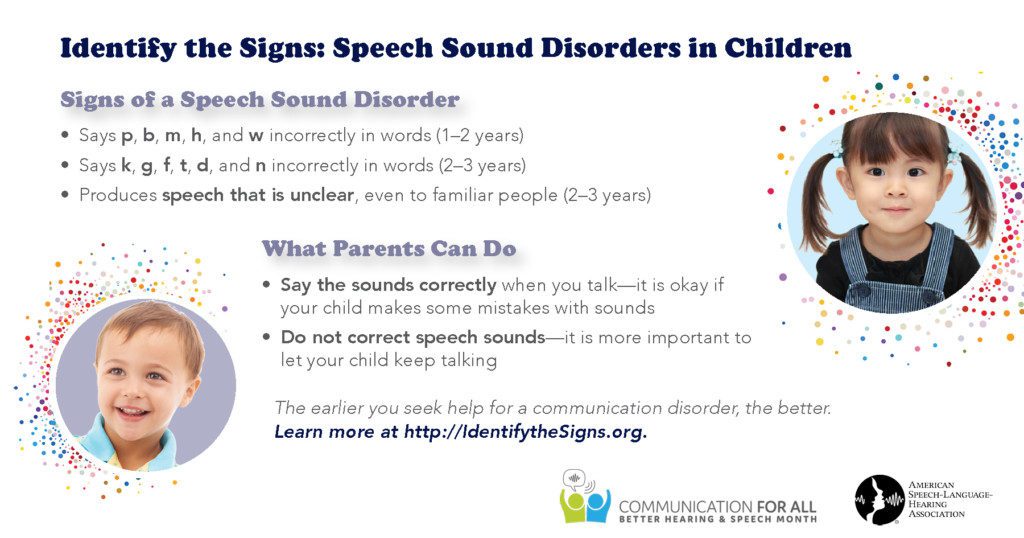
Speaking of cartoon characters … here’s a doozy for you: Foghorn Leghorn. The larger than life rooster with a stutter who also had a mean right hook bravely protected the chicken coop from many a foe. Maybe you’ve heard of Ed Sheeran? Tiger Woods? James Earl Jones? These are all people who stutter. They have all benefited from speech therapy.
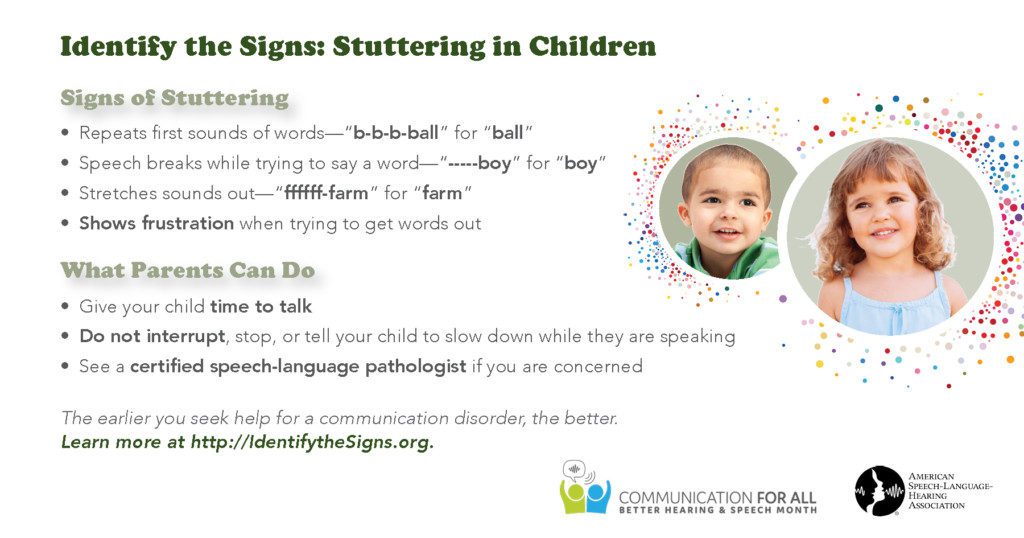
How many mamas feel like their kid isn’t listening to them? #allofthem Your child may not be ignoring you because you told them they could not have any more popsicles. Warning signs of hearing loss can be found here.
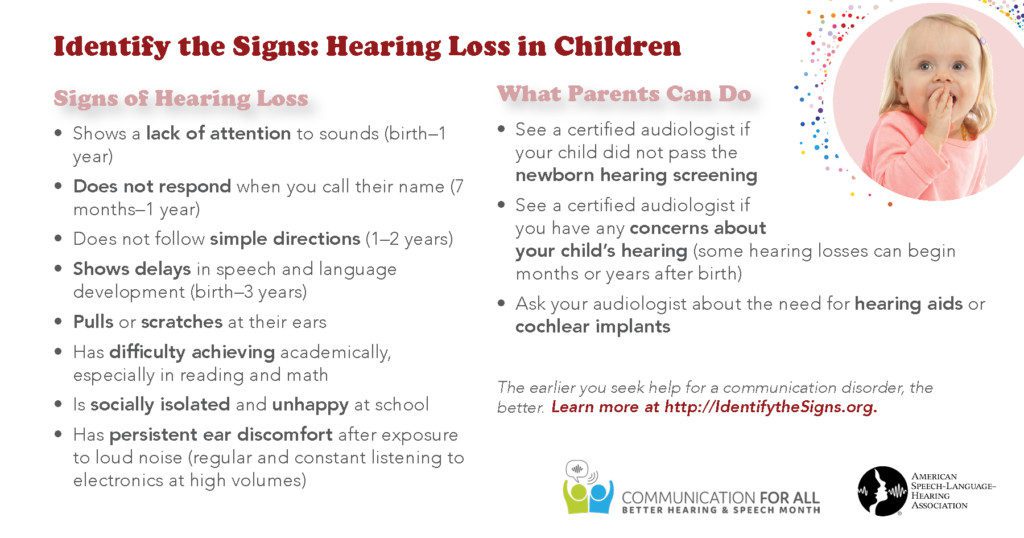
And here’s the thing … ALL of these are issues that can crop up before school even begins. Programs like Early Steps help parents of children ages Birth to 3 years gain access to affordable therapy across multiple disciplines. There are also many therapy clinics in Acadiana.
Hopefully this post has either calmed a mother’s anxious heart or empowered her with knowledge to begin asking the correct questions to find help for her child. I love speech therapy, and some families of my past clients have become lifelong friends.



















you have richly made such an impact on this world, my girl! How comforting it is for me to see your absolute love of your profession. This is terrific info!